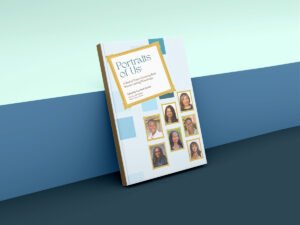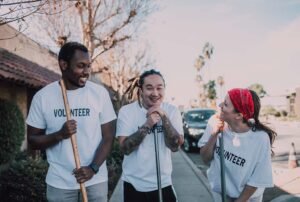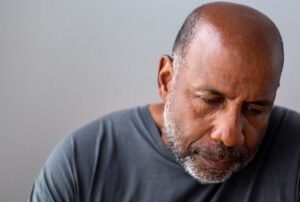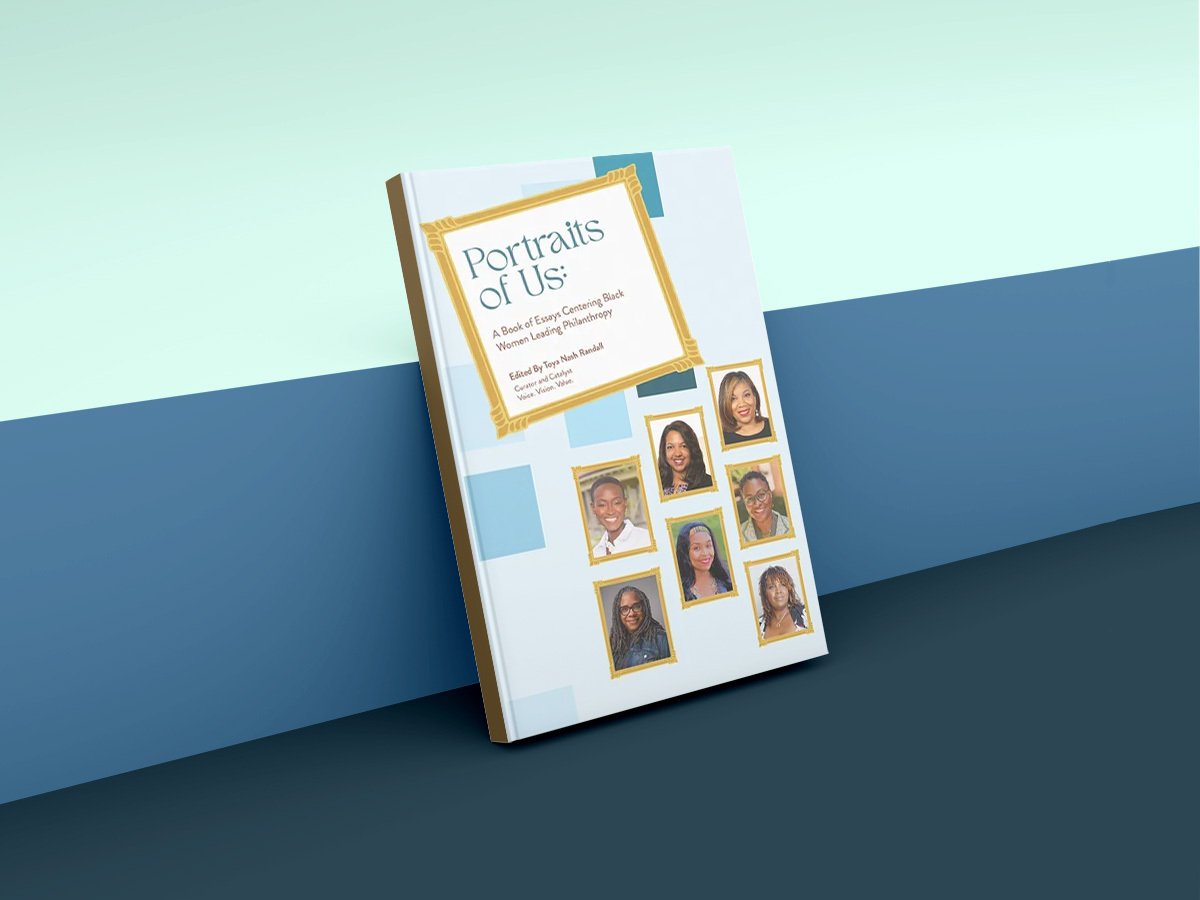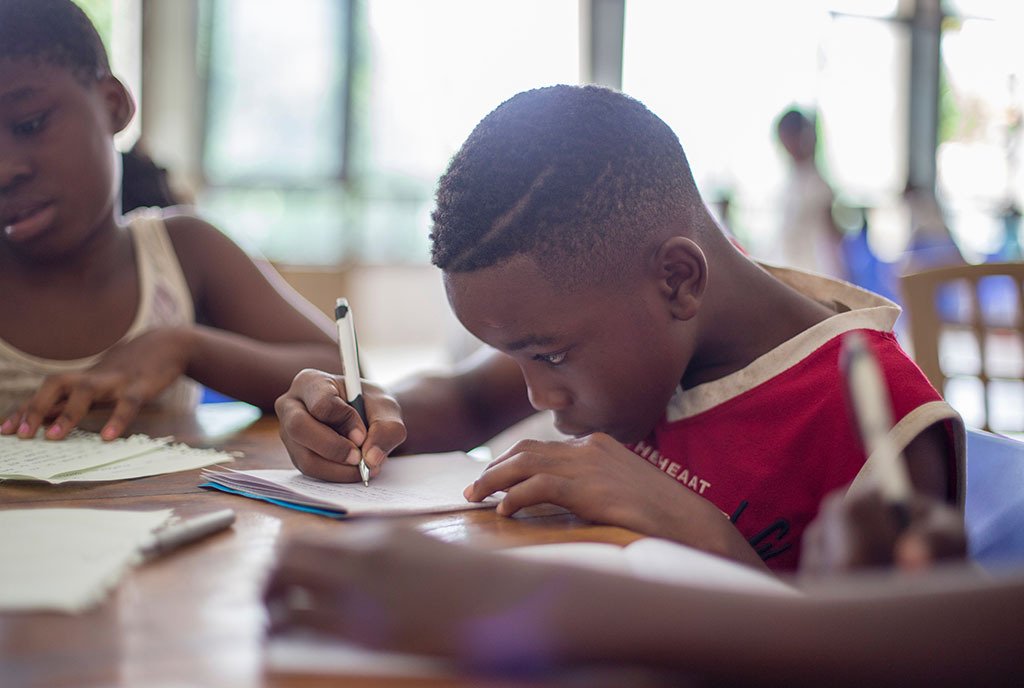Edge Leadership hosted a Race and Power Roundtable. In this clip Isabelle Moses, Cyndi Suarez, Aja Couchois Duncan, Asha Mehta, and Kad Smith talk about challenges in the field as majority-white organizations transition to BIPOC-led organizations. They explore the different types of work happening around race, and how to build strong communities rather than cancel cultures.
Isabelle Moses: I just want to name two trends that I’m really seeing. One is the transition from white majority-led organizations to BIPOC majority-led organizations, and how leaders of color are really looking to embody different ways of leading organizations that don’t replicate the harmful practices that we know are really oppressive. And that often requires a different level of investment of resources to actually provide more space and care and not work at destructive paces, and trying to reset expectations of what a normal workload looks like, and reset expectations around timelines, and dismantling practices around urgency. It’s something that we’re really trying to figure out at Faith in Action, both within our national staff but also within our broader network. We’ve had incredible progress with transitioning our leadership from majority-white to a lot of BIPOC leaders, particularly women—black women—and one of my roles is holding space for black women in our network. We now have almost 80 black women staff in all roles up to…you know, admin to executive director. We have almost 13 black women who are leading in our federations.
So, the second trend I would name is related to black women leading. Some of the work we’re doing is around really deconstructing some of the harmful archetypes and frameworks that black women have been kind of forced into, and holding space for us to actually work on some of that within ourselves as a community. It’s actually something that’s really hard to talk about in mixed spaces, but I think it’s the kind of thing that’s also deeply under-resourced: how do we dismantle some of the narratives that come out of slavery around mammies? This actually comes from some work we’ve been doing with an incredible woman named Dr. Donna Coltrane Battle, who’s been doing work around archetypes of strong black women, and where those archetypes come from, and how do we disrupt some of those frameworks that are really not serving us in our leadership, and leading to martyrdom and other ways of being that are ultimately pretty harmful? So, I think those are a couple of under-resourced modes.
Questions—both “How do we support black women’s leadership in a really powerful way”? And also, “How do we support the transition from white-dominant to leader-of-color-dominant organizations?”
Cyndi Suarez: What’s the name of the book?
Isabelle: Not a book. She may have written one as part of her dissertation that I don’t know the title of, but Donna Coltrane Battle’s an MDiv and PhD scholar womanist theologian who’s done some incredible work around black women.
Cyndi: I’m actually doing a series this year of women of color in power, and I just interviewed the president of Borealis. I, myself, am a person of color in a mostly white organization, and so I hear you. I’m looking a lot at, what does it mean to have us lead? What kind of support do we need? How do we lead differently? Really highlighting that. We just did the first one, and it was amazing. But yeah, this stuff comes up a lot—a lot. Because oftentimes, you have to do so much to even get to this point. And then the other folks around you don’t even know that you know all that. You’re on a whole different level in terms of the system that you’re trying to change, and trying to get everyone to understand that, in a white organization as a person of color who also has to externally face a field that’s looking to see what you’re going to do differently. There’s just a lot there, right?
Sign up for our free newsletters
Subscribe to NPQ's newsletters to have our top stories delivered directly to your inbox.
By signing up, you agree to our privacy policy and terms of use, and to receive messages from NPQ and our partners.
Part of what Danielle and I do is, actually, we’re constructing. Because I was asked by a funder of color, because there are also people of color moving into funding positions that get that. They told me to create a proposal of, “What does it take to support a leader like me in a role like this, so that I can continue to do the work externally?” There are these people asking questions, and we’re really starting to build that kind of infrastructure of what actually it is, right? So, for me, it means having someone come in and create the systems that I need, and to explain to all the white folks what’s going on. To tell them when their narrative about me needs work, so I don’t have to do that, so I can go out there and talk and be the person that shows what the organization is doing, and build the partnerships, and all the things that oftentimes these organizations don’t have—why we get hired to do that work.
Aja Couchois Duncan: I think that what is most live for me is the ways in which anti-blackness shows up in BIPOC communities and the work that is ours to do around that. And then, particularly, the tensions between black and indigenous people because of our histories and the ways in which genocide and racism have been used. I’m in a community of practice where some of that is being grappled with, and named, and trying to [be] undone and unpacked. Just all of it. And it’s really important and really painful, and it feels like something—like, kind of to what you were talking about Isabelle, I don’t want to talk about it with everybody, and I’m bringing it up here mainly just because I think it’s really important. In this moment, there’s a lot of white-dominant organizations and white people who are wanting help in their journey. And that’s a thing, and I’m grateful, and I want white allies, and, you know, it’s all fabulous. And it’s a lot of work and energy and effort and focus and intention—attention. How can we just be like, “Okay, a bunch of skilled white facilitators are going to take care of you all.” Because we have really important work to do, to decolonize ourselves. So that’s where my heart is right now, although I would say my work practice isn’t exclusively in that terrain.
Cyndi: I hear you. One of the things that I’ve been talking about is, we need to kind of have a concept almost like, “1.0,” “2.0,” “3.0” versions of this work, because a lot of the work is the 1.0 type. There’s a lot of money in that, and sometimes people in that field think that’s the only field, and I think they’re the ones who call me, exhausted, because they’re trying to show people something that they don’t want to see. There’s also a lot of work happening in communities of color, within people, and across all these groups, and they’re like, “Really? Who’s doing that work?” And it just strikes me that oftentimes, there are different aspects of this work, and that they don’t always talk. There’s even different language that people use. If I go into a group that is using DEI language and I don’t use that language, I always get asked about language: “How do I use language?” You know? So, I’ve just been noticing that.
Asha Mehta: You know, I stopped saying I do equity work, because I’m tired of them expecting a certain thing. I think I do it, but I’m like, “Are you all ready to build community? Are we ready to do this?” I mean, what I see is this dynamic of fragility and rage. At every level, not just the white folks. I love what you said, Aja, because I think when I hear “the state of race and power,” the first thing, I go, “Oh, it’s a call from a rich, white organization that wants me to solve their problem,” you know what I mean, and come in and do that work. Which, again, it’s not a bad piece of work, but it’s all usually considered a training. You know, it’s like, “Okay, well, we got to talk about hiring, there’s systems, there’s an inside job, outside…” There’s a whole thing.
How we handle that rage fragility dynamic, and not do it in a cancel culture, so that we can actually build community that has resilient relationships to tackle this stuff and do the systemic work, is sort of what I’m grappling with.
Kad Smith: The idea that our workplaces should feel more community-centric is now becoming a norm that we’re actually rallying behind. And so, if our work needs to feel like community, where we have values, where we’re striving to live into them, that challenge is everything about how we operate with one another, how we engage with one another. And so, I think Asha is completely right around where the call comes from. Sometimes it’s a preservation of the status quo, and sometimes it’s to protect the comfort of folks who already have power, and when that’s the premise of where the work is coming from, it’s going to be shortsighted. But when the work is coming from, “How do we reconcile all these multiple truths? How do we get more nuanced in understanding the impact of, as one of our colleagues calls it, a colonial project?”
Five hundred years of a colonial project. The impact of that on a day-to-day for anybody—white folks, people of color, for folks across the gender spectrum. The impact of the colonial project is very real. And we’re now surfacing that, and there’s going to be discomfort, and we’re trying to create a space, I think, where that discomfort can lead to growth, can lead to learning, and can allow for us to develop more formative connections. So that’s one of the things that I really feel like is the opportunity to this moment. There’s the coded language and the kind of surface-level stuff—DEI, antiracism, etc. But it’s a real invitation for us to go deeper in ways that in my short life I’ve never seen, across sectors, across workplaces. It feels very promising.
Edge Leadership began in 2020 with a series of in-person and online convenings. This article and multimedia story series features the thinking of Edge Leaders. Follow these talented, sector-crossing, forward thinking social change agents at @EdgeLeadership2020 on Instagram, via NPQ’s channels, and by joining our online platform experiment.



